News - 23 September 2019
Championing Victoria's forests with photography
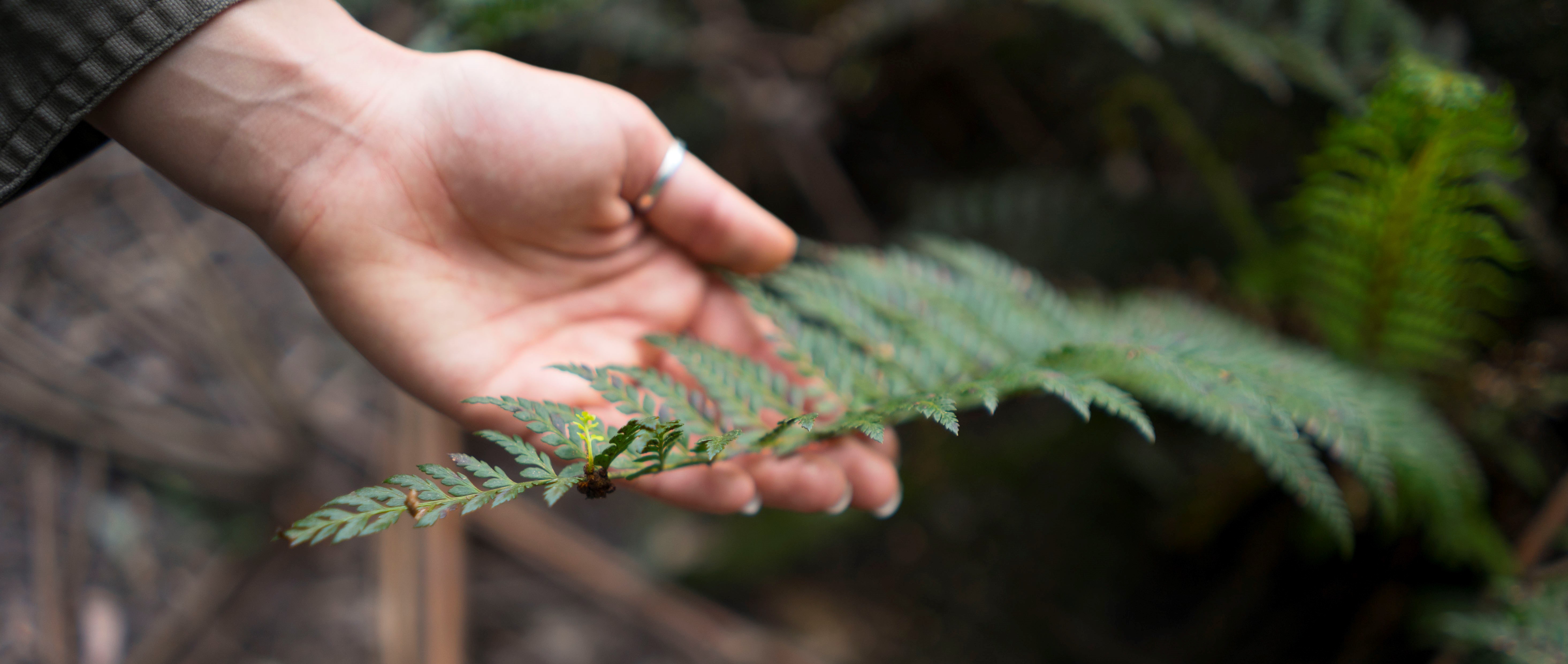
Driving up to Mount Baw Baw in Victoria with the Wilderness Society was a turning point in Louise Chen’s life. “By the time we got there, I was absolutely bawling my eyes out – I could not believe it,” she says. “It looked like someone had dropped a bomb in the middle of the forest.”
But the culprit wasn’t a bomb, it was clearfell logging, a process that annihilates forests that have taken hundreds of years to grow. The forests are destroyed, wood-chipped, and what is left of the trees is burned.
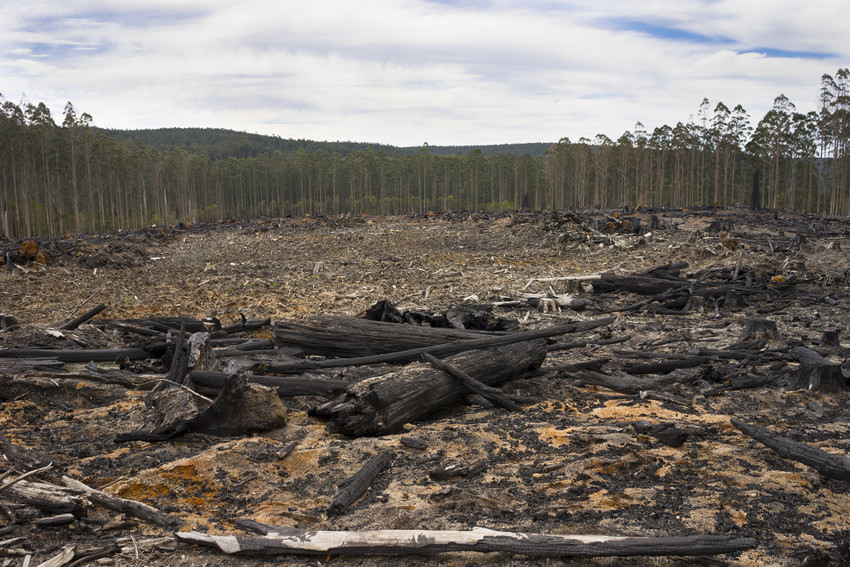
Louise first encountered the Wilderness Society aged 15, when she and her mum went to an environmental rally. “My mum always talked to us about the environment, and encouraged us to be proactive – we’d write letters to politicians,” she remembers. So some years later, when she was planning her undergraduate photography portfolio, she decided to ask the Wilderness Society if she could photograph their work.
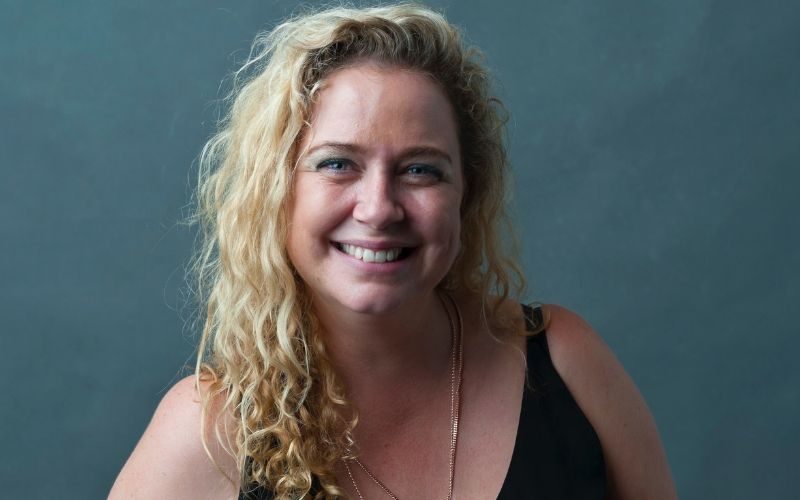
“I got into photography because I feel passionate about these things,” says Louise. “Once you start to investigate, you can’t turn your back on it.”
Seeing the devastation at Mount Baw Baw proved to be such an emotional encounter for Louise because she has always felt close to nature. As a child, she frequently visited Camp Eureka, a bush camp 70 kilometres east of Melbourne. “I have vivid memories of all sorts of animals there, and rafting down the Yarra. It’s one of the most relaxing things, to be in that environment. It’s where we should be, really. It’s like we’ve got to relearn how to live.”
And it’s the natural world that still gives her moments of peace in difficult times. “After I had my son, I went through a lot of transition,” she recalls. “I live in the city, and if I went into the botanic gardens and pushed the pram around in there, I felt calmer within minutes.”
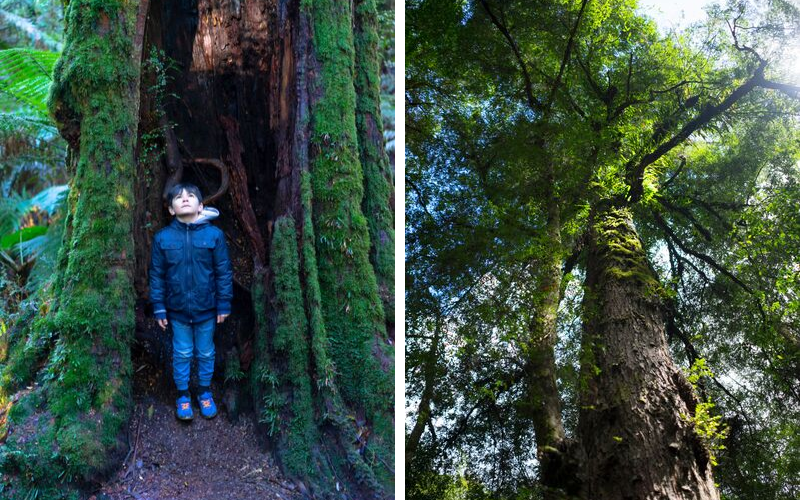
So she’s using her photography to help the Wilderness Society protect those precious environments from logging. “Most people aren’t aware what’s really happening. And a photograph speaks a thousand words.”
Her concern for the precious ecosystems we’re losing is clear: “We’ve got the mountain ash tree, the tallest flowering plant in the world, and the most carbon-rich [forests]. So chopping them down can release massive amounts of emissions,” she explains. And it’s not just the trees: “There are so many native species here. It’s devastating – how can they survive if they have no home?”
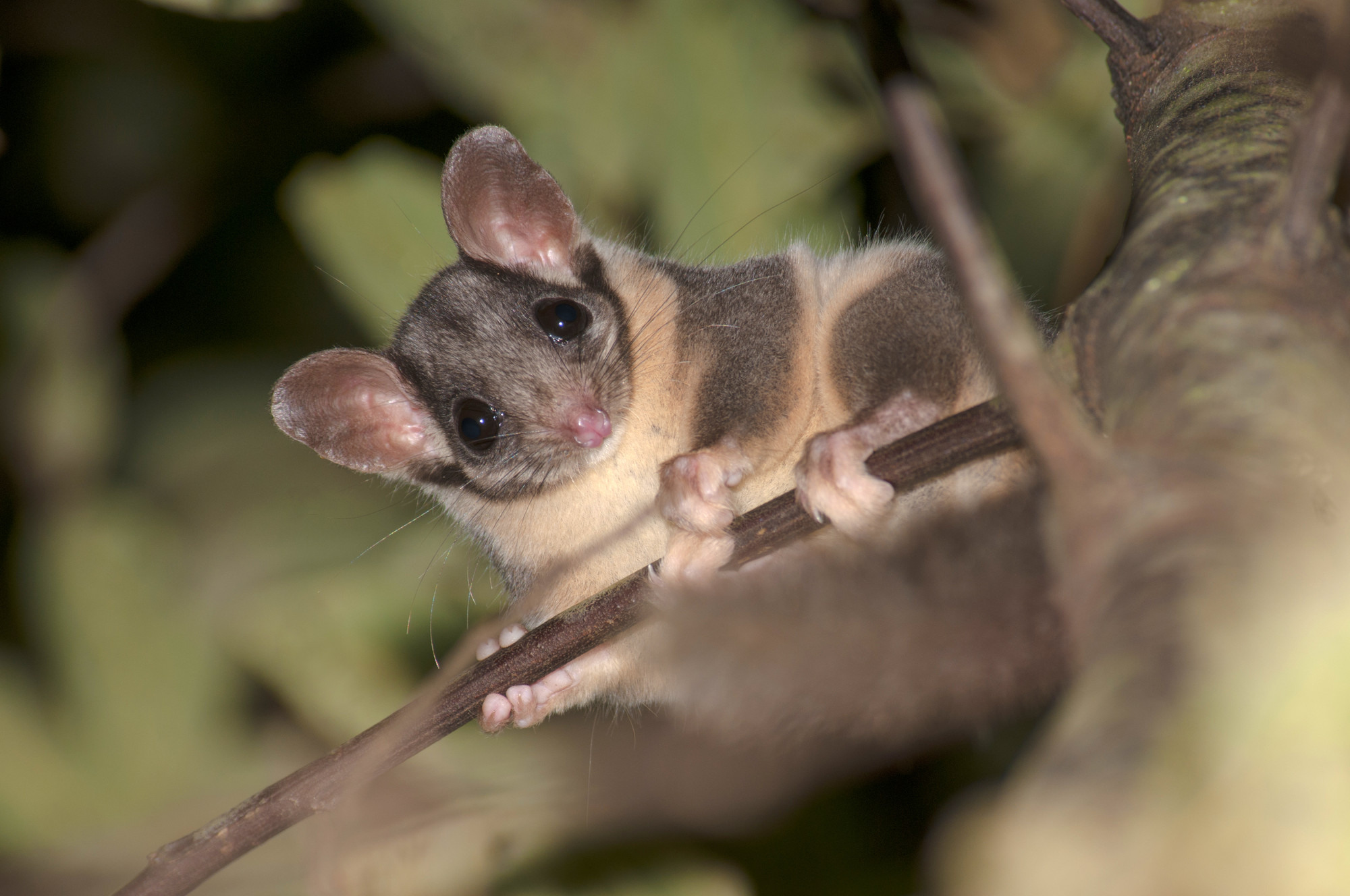
Logging affects people, too. “It’s our bloody water supply for Melbourne,” Louise says. “It’s being polluted every time they log.”
Yet there are solutions. The Wilderness Society is campaigning for strong nature laws that actually work to protect our forests, waterways and wildlife, preventing vested interests from driving crucial decisions over new mines, oil-drilling sites and clear-felling zones that threaten our unique ecosystems.
Together with the Wilderness Society, Louise is also campaigning to create a new national park in Victoria’s Central Highlands, the Great Forest National Park, which will encompass 355,000 hectares of protected forests. These forests provide habitat for endangered species, including the Leadbeater’s possum, Victoria’s state animal, as well as protecting the watershed for Melbourne’s drinking supply and creating local jobs thanks to increased tourism.
Campaigning for these causes with the Wilderness Society is now part of Louise’s life. “I found most people do care about what’s happening with our native species, with logging,” she says. “This is our state land, this is our water supply. It’s Australia, it’s part of who we are and we should be proud of it.”
Her advice to others? “There’s no change without activism. If you want to help, look at ways you can affect change, and keep communicating that we’re not going to stand for this any more. We need our environment, we need the central highlands of Victoria so we can breathe in Melbourne, and we need to keep fighting.”
And Louise is already wielding her weapon of choice. “I’ve got this camera and it allows me to give what’s happening in the forest a voice.”
You can raise your voice for nature by making a tax-deductible donation today.